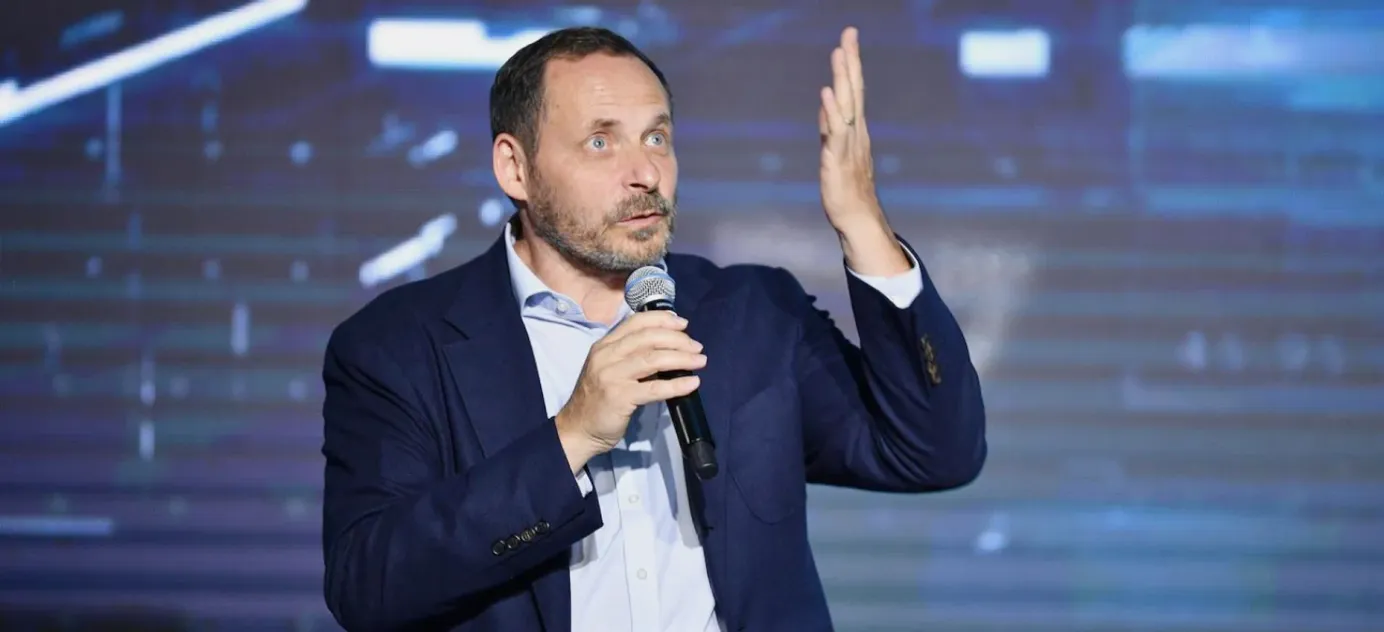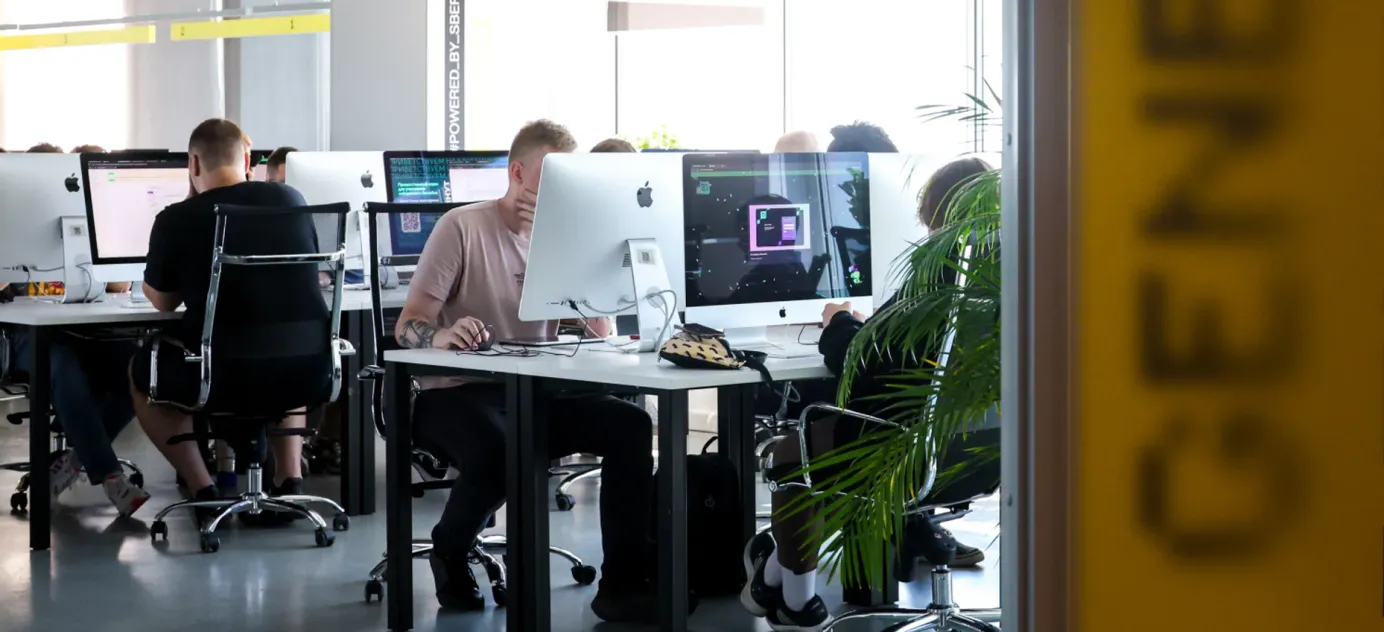
Yandex founder tells The Bell about his new business
After months of negotiations, Yandex has completed its break-up — splitting into a Russian arm that will keep the name, and the vast majority of the company’s revenues, employees and services; and an international division, to be headed up by its founder, Russian tech tycoon Arkady Volozh. In his only interview with Russian media, The Bell spoke to Volozh about his plans for the new company.
What’s going on?
This week saw the official end of the two-year saga around the separation of Yandex’s assets. The bulk of the company, which got new shareholders at the start of the year, will remain in Russia. Meanwhile Volozh earned $2.5 billion by relinquishing his stake and retained the rights to develop four of Yandex’s projects abroad, under a new name. The Netherlands-based international Yandex has rebranded as Nebius Group and confirmed that Volozh will be the CEO.
Two-and-a-half years after the invasion of Ukraine and his decision not to return to Russia, Volozh, 60, appears energetic and inspired. But he admitted that returning to the role of CEO after a decade hiatus is stressful. “We need to launch a new company,” he said, not downplaying the task that lies ahead. An acquaintance told The Bell: “Arkady is rejuvenated. For two years under sanctions he was depressed but now he is bursting with energy and ideas.”
When Russia invaded Ukraine, Volozh was no longer running Yandex, but still held a controlling stake. Living in Israel, he stayed silent on the conflict for the first 18 months — even after being sanctioned by the European Union in June 2022. The key charge against him was that Yandex’s news service, Russia’s largest aggregator, engaged in censorship and manipulation of information regarding war-related content. Under pressure from both the Kremlin and Western jurisdictions and backers, Yandex sold its news service in the first weeks of the war.
He finally spoke out openly against the war in August 2023 — becoming one of the few Russian business figures to have done so. At the time he was locked in talks over the future of Yandex, and remained under EU sanctions until March 2024, when he won a rare removal from the list after his condemnation of the Kremlin’s invasion and having severed ties with Russia.
In the divorce, Volozh managed to secure four business lines:
- Nebius AI — a provider of cloud solutions for AI start-ups, which also offers access to computing power for AI businesses
- Toloka AI — a neural network training service
- TripleTen — an EdTech platform for training IT specialists
- Avride — the developer or self-driving vehicle technology.
Nebius AI will be the core of Volozh’s focus and is the one where he seems to have the clearest development plan. He told The Bell he is a true believer in the AI revolution.
“I have a feeling that AI is more than just hype. This is a serious, long-term thing. It’s similar to the rise of the internet and search engines in the 1990s: a big change that happens once in a generation,” he said. To accommodate that change, he believes the internet’s entire infrastructure will have to be rebuilt — something he hopes Nebius will do.
The company will target AI start-ups that need ample computing power to develop their own neural networks or, at the very least, apps that run on existing ones. However, buying up infrastructure from the likes of Microsoft Azure or Amazon Web Services, is difficult, Volozh said. He sees infrastructure as the biggest bottleneck in the industry — everybody is short of data centers and electricity.
Nebius has already brought with it 400 engineers from Yandex, with their experience in AI development, cloud services and digital infrastructure. In total, than 1,000 Yandex employees who left Russia since the war broke out have followed Volozh over to the new international wing of the company — according to company filings, Yandex’s international rump had 1,300 people on staff. Before the war, Yandex’s total headcount was 21,000 people.
Why the world should care
Before the war, Yandex stood alone as a uniquely important institution in Russia. It was more than just a leading technology company, it embodied the dream that the Russian economy could become more modern, intellectual and be driven by human capital, not natural resources. The company was a dream employer for smart young people (those who might previously longed to work for the likes of a big state player, like Gazprom). Russia’s intellectual elite regarded the company, founded by a mathematician, as “ours”. Now all that has changed. But if Volozh succeeds in building his business in the West, his company has a chance of becoming a new center that could connect the highly-educated and young Russians who have fled the country amid the war.





